Language
WORLDWIDE DELIVERY
Professional popcorn machine
€594.75
€487.50
Availability:
In stock
The HENDI popcorn machine produces 150 g popcorn kernels.
Frame made of aluminium alloy.
Robust housing made of tempered glass and powder-coated steel.
With hinged service door made of tempered glass.
Cooking pan with stirring unit.
Lid with handles made of non-heating material.
Popcorn collection flap.
Frosted drawer under the chamber for easy disposal of unpopped kernels and crumbs.
Unpopped kernels and crumbs are collected under the crumb tray.
Illuminated interior.
Heated chamber bottom.
Cycle time: ≈2 min. - 150 g corn kernels per cycle.
Net weight: ≈25 kg.
Product size: 574x420x(h)778 mm
Colour: Red
Power (input) (W): 1500
Voltage: 230
Materials: Stainless steel, Aluminium, Tempered
Shipping time: 5-7 days.
FAQs

 IT
IT FR
FR
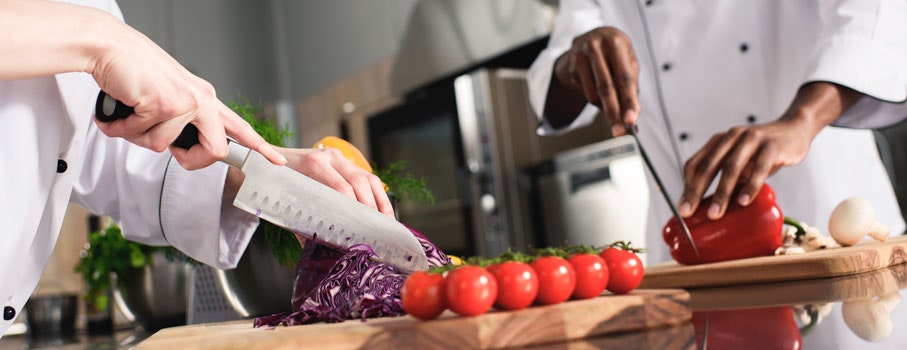
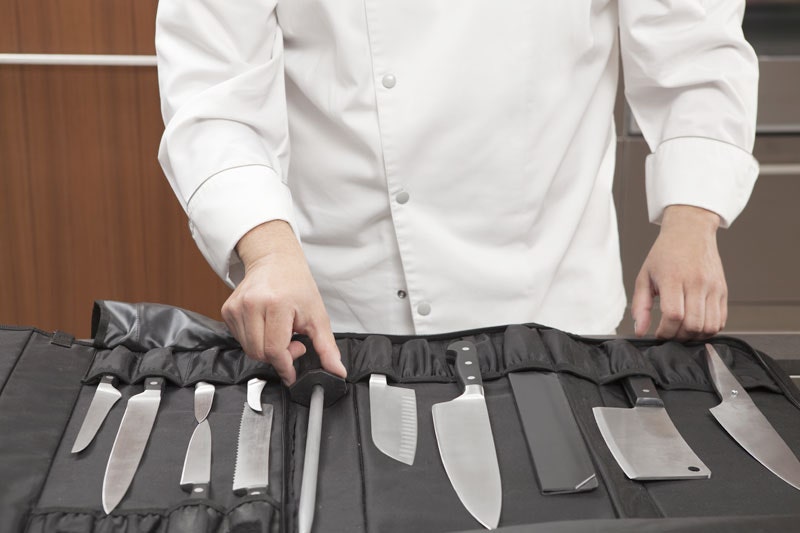
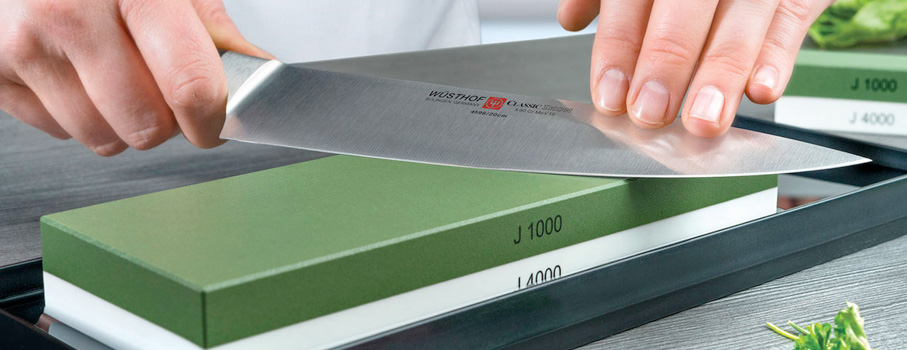
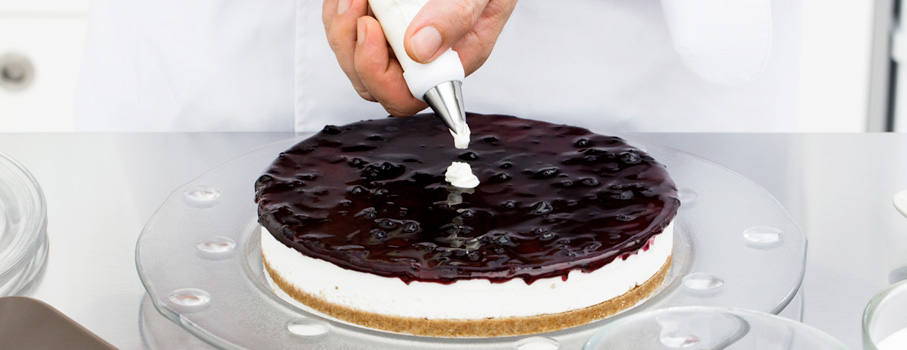

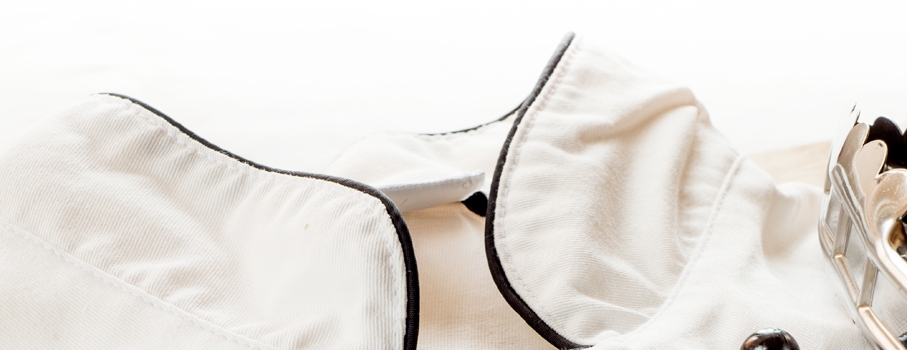
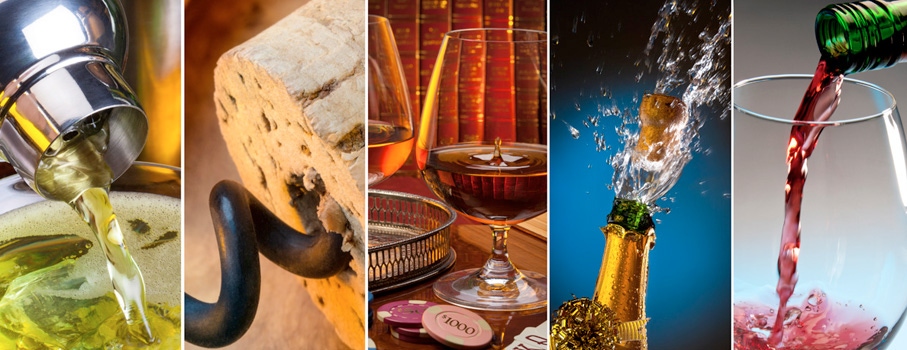
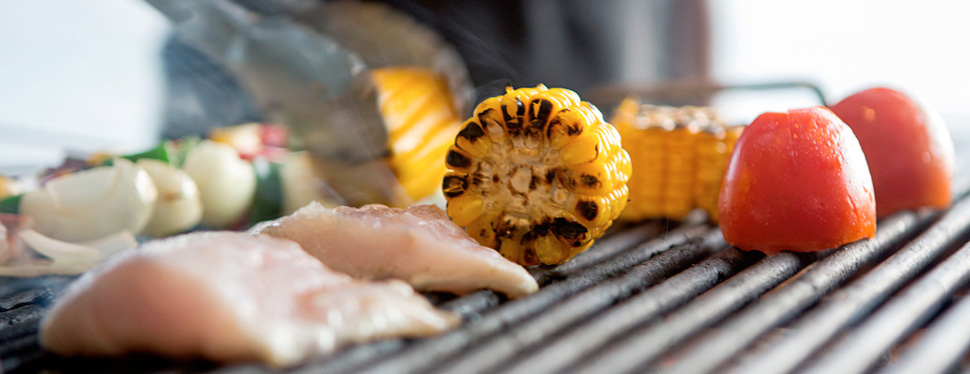

 IT
IT FR
FR
